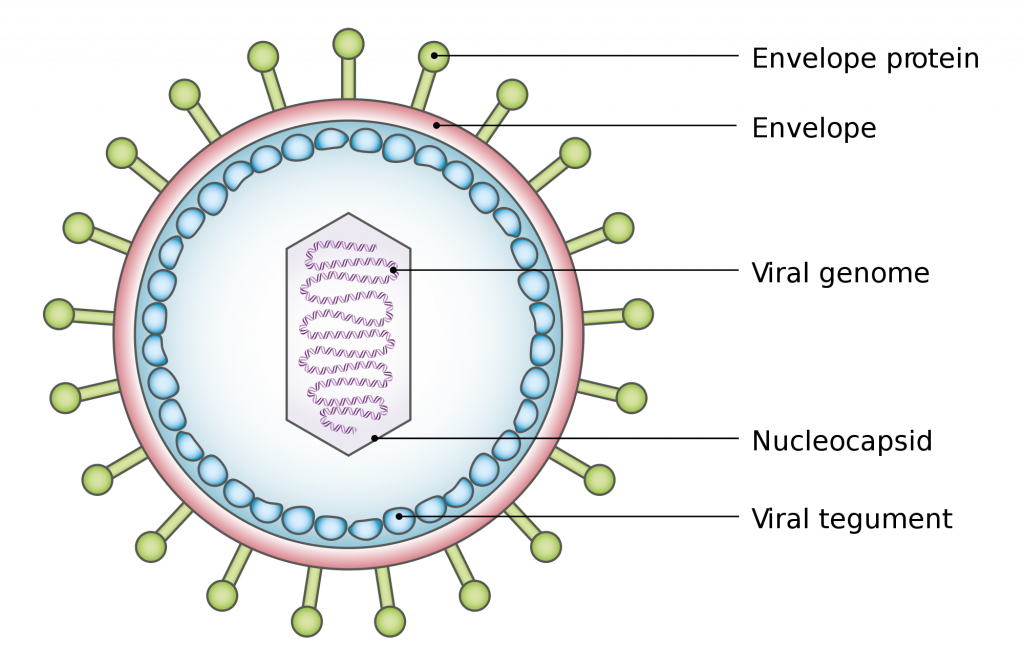Gain of Function

One of the persistent stories around COVID-19 has been its origin. Was it man-made? Was there a rogue lab, or was it an accident that caused years of pain and suffering?
If there was such a lab, what was it doing? What kind of research could potentially lead to a leak?
To understand this, we need to understand a term known as gain-of-function.
Gain-of-function entails deliberately improving the characteristics of pathogens in order to understand their behaviour, transmission, and potential to cause diseases.
While proponents argue that research is indispensable for preparedness against emerging infectious diseases, critics voice concerns over the risks it poses, including accidental release and bioterrorism.
At its core, gain-of-function research aims to manipulate pathogens in controlled laboratory settings to anticipate and mitigate potential threats they pose to public health.
By enhancing their transmissibility, virulence, or drug resistance, scientists seek to better understand how these pathogens might evolve in nature and devise effective countermeasures, such as vaccines and antiviral drugs.
The study of influenza viruses is one of the most frequently cited examples of such research.
By introducing specific mutations into the virus, researchers can simulate the natural process of evolution and track how these changes affect the virus's ability to spread or cause severe illness.
Learning about the virus, in theory, helps us improve preparedness. Think of it as a simulation or mock that allows you to understand its various permutations and prepare your defence.
Critics argue that manipulating deadly pathogens in laboratory settings could lead to accidental releases, resulting in outbreaks with potentially catastrophic consequences.
Moreover, there are concerns that the knowledge gained from these experiments could be exploited for nefarious purposes, such as bioterrorism.
These debates are now new and will not die out anytime soon. Not all such research studies are publicly available or require public approval.
Recently, the study being done in China was shut down. I don't think it even really made the news.
Reach out to me on twitter @rbawri Instagram @riteshbawriofficial and YouTube at www.youtube.com/breatheagain






